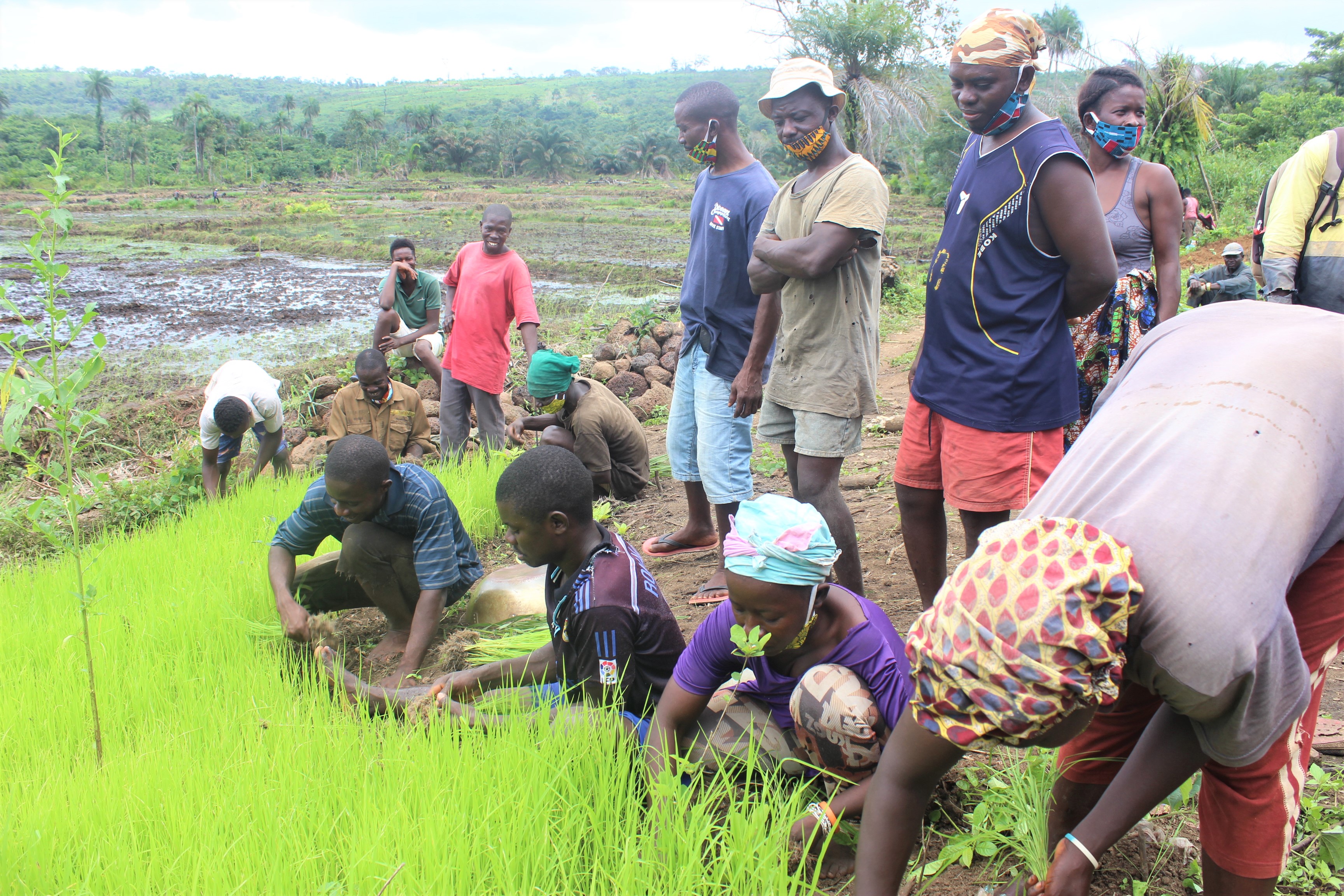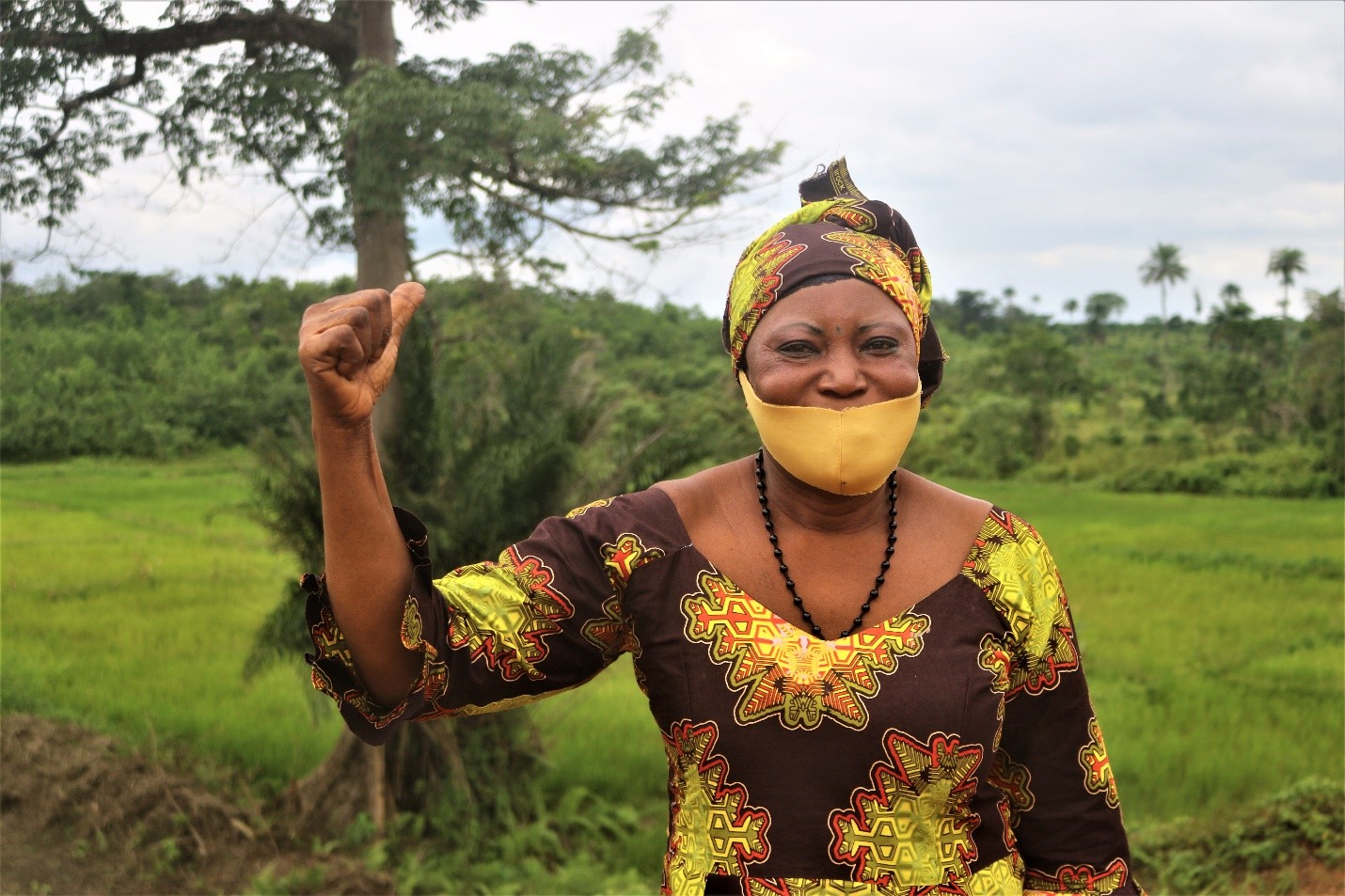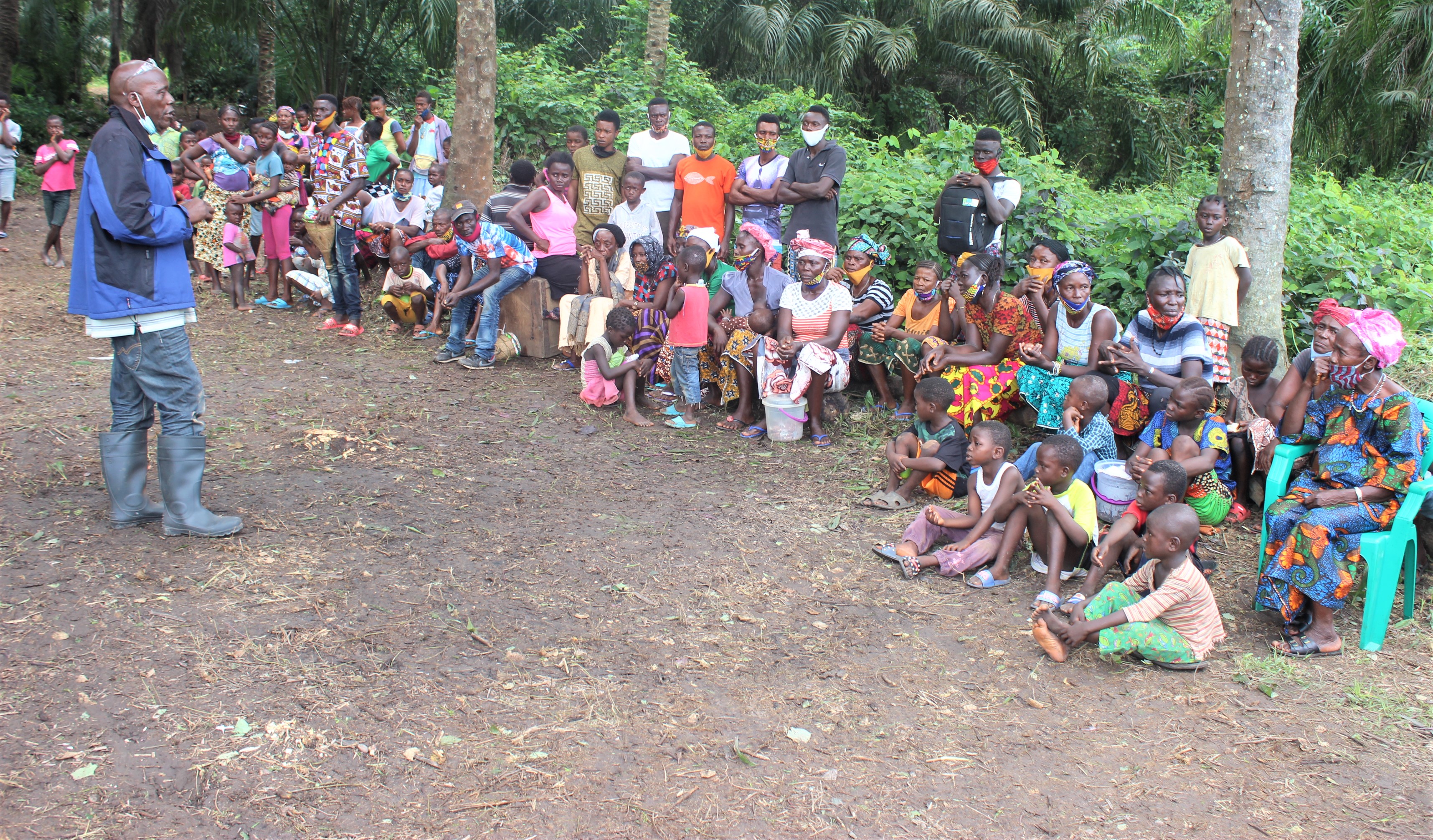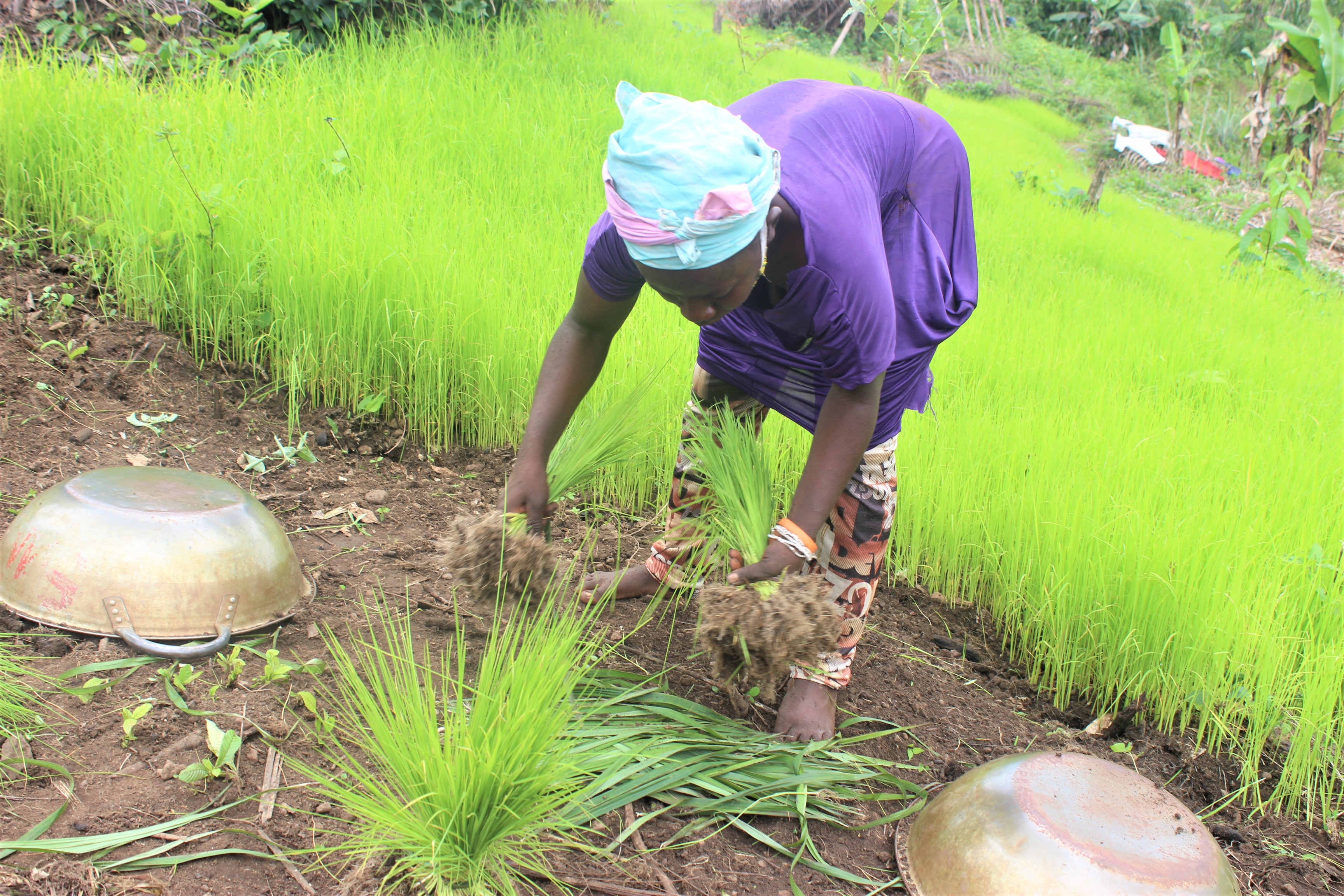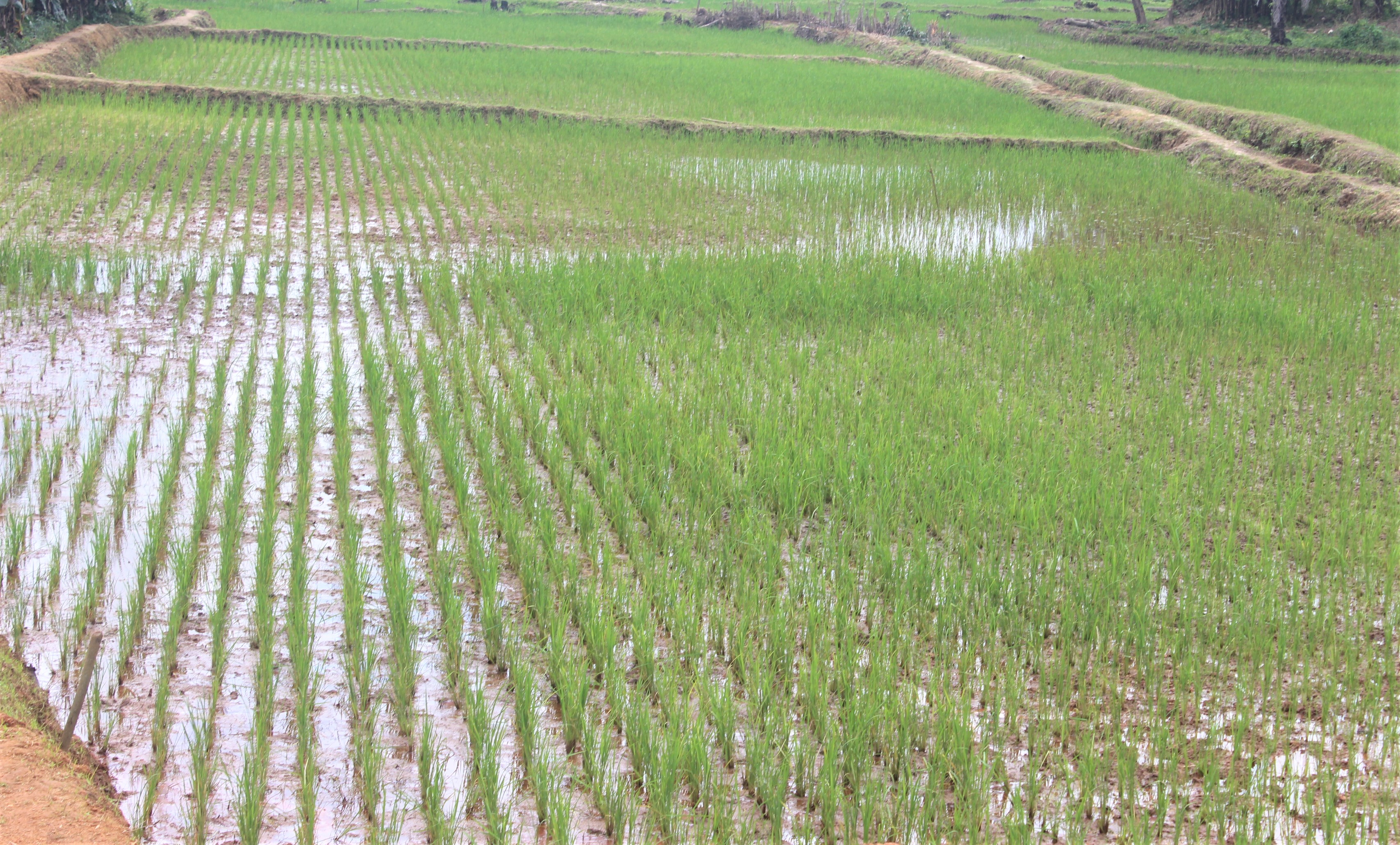Mitigating Localized Resource-based Conflicts and Increasing Community Resilience in Pujehun and Moyamba districts of Sierra Leone
Mitigating Localized Resource-based Conflicts and Increasing Community Resilience in Pujehun and Moyamba Districts of Sierra Leone
Summary
This project aims to mitigate local conflicts between communities, government and private companies by building the capacities of institutions and dialogue platforms that promote peaceful relations and the inclusion of women and youth. This will be achieved by strengthening the existing regulatory framework on land acquisition and operationalizing this through the strengthening of national, district, chiefdom and community-level mediation and dialogue infrastructure. Support will be provided to affected communities to strengthen agricultural and alternative livelihood sources, including agricultural asset creation activities that empower women and youth with inputs and skills, and gender-transformative technical and vocational training to enable local women and youth to benefit from company employment opportunities. To build the capacity of local institutions, the project will provide support to the Government of Sierra Leone to strengthen policy frameworks, coordination and reporting on the Sierra Leone Extractive Industry Transparency Initiative (SLEITI) and Voluntary Guidelines on the Responsible Governance of Tenure of Land, Fisheries and Forestry (VGGT) for enhanced community and businesses partnerships. The professionalism and integrity of the security sector will be enhanced through training in conflict mediation, human rights and sexual and gender-based violence, in addition to strengthening police and community partnerships. The capacity of targeted private-sector company staff in human rights and gender approaches and livelihood programming will be enhanced.
Background
The large- scale acquisition of land in Sierra Leone by private sector mining and oil palm companies has resulted in the significant loss of farming land for the local population who rely on agricultural production as their main source of income and livelihood. Communities in Pujehun and Moyamba districts in the Southern province have been significantly affected.
In Malen and Makpele chiefdoms in Pujehun District, the palm oil companies of Socfin, a company from Luxemburg and a subsidiary of the French Bolloré group, and Natural Habitat, a Dutch company, together occupy 14,669 hectares of prime farming land. In Moyamba district, the Australian owned rutile mining company Sierra Rutile - the second largest rutile company in the world - has a mining lease at over 56,000 hectares spanning across the three chiefdoms of Bagruwa, and Lower and Upper Banta. In Dasse and Lower and Upper Banta chiefdoms in the same district, the Romanian bauxite (aluminium ore) mining company Vimetco operates a 32,100-hectare mining lease. Rutile and bauxite mining is highly environmentally destructive, contributing to the contamination of water resources, flooding and damaging of lowlands that communities use for agriculture.
The land acquisitions and operations of the four companies have had critical impact on the livelihood of surrounding communities who rely on agricultural production as their livelihood. Most households in Pujehun and Moyamba districts (74 percent and 65 percent respectively) are engaged in farming activities. Farming households require access to large tracts of land as agricultural production in Sierra Leone is characterized by low yields. With companies in Pujehun and Moyamba districts now occupying a considerable share of available arable land, vulnerable farming households are now deprived of access to their primary livelihood. With no alternative livelihoods for communities to support their households, land dispossession by private sector companies has led to intensified food insecurity, vulnerability and conflict.
Communities are increasingly resorting to violence to express their dissatisfaction and seek for redress. In January 2019, clashes between communities and security forces in Pujehun district resulted in two protestors shot dead, 2,500 people displaced, and the Local Member of Parliament and members of the landowner association being arrested, who have subsequently been released on bail. Displaced people took refuge in neighbouring chiefdoms, creating spill-over effects and putting additional pressure on vulnerable host chiefdoms. In Moyamba district, 2018 strike actions (October and December) by Sierra Rutile staff were met by heavy handed responses by security forces. Following these events, the Government formed a technical team that delivered a report with recommendations to the President and Vice-President, In January 2019, nine Sierra Rutile workers were kidnapped by a local secret society and forcefully initiated into their rituals, prompting the Government to ban all secret society activities in the country. This measure, in turn, contributed to triggering the January 2019 violence at Socfin’s estate in Malen Chiefdom, Pujehun District, when security personnel intervened to prevent a forceful initiation, provoking the reaction of villagers and youth who launched an attack against Socfin installations. The use of alleged force by security personnel has been considered as one of the causes of escalation of the conflicts.
Major Achievements:
- Conducted a Land Degradation Assessment conducted to determine the impact of extractive industries on the availability and quality of arable land for community farmers. The analyses will inform how to improve dialogue between communities and companies, whilst also guiding potential revisions of respective land agreements considering these studies and in alignment with the policy frameworks on land use.
- Conducted awareness raising for 200 community members on land rights, regulatory frameworks and land acquisition processes through direct consultations and simplified pictorial knowledge products.
- Supported community dialogue on land acquisition and use for conflict prevention through 14 community radios discussions in Moyamba and Pujehun districts.
- 26 disputes successfully resolved through the established and support of over four Sectional and Chiefdom Grievance Redress Committees (GRCs) in the two project districts. The GRCs handled over 78 cases including disputes on land, leadership and exclusion, community assets and resources, company working conditions including non-payment of benefits by companies, COVID-19 related issues, insecurity, pollution and land degradation, marital issues, and poor relationship between communities and private companies. These issues affected individual, communities and private companies and local leadership.
- Four Community Development Funds (CDFs) strengthened for improved transparency and accountability, and inclusion. The composition of the CDFs was reviewed resulting to 30% female membership from less that 10%.
- Supported the convention of quarterly Multi-Stakeholders Platforms (MSPs) at district level to build transparency and accountability of private-sector companies, in addition to assuring that company operations are aligned with national regulatory frameworks.
- 166 private company staff in project areas (16) and communities (20) have increased capacities in Business and Human Rights facilitated by the Human Rights Commission Sierra Leone.
- 100 Local Policing Partnership Boards (LPPBs) and Sierra Leone Police (SLP) members from Lower and Upper Banta Chiefdoms capacitated in Human Rights, Sexual and Gender-Based Violence (SGBV) and conflict resolution.
- 40 women in the two target districts empowered on human rights, leadership, advocacy and conflict resolution through training and peer learning.
Mammy Queen of Makpele Chiefdom, Pujehun District
Community engagement with participants of the peace building project in Moyamba District
High yielding rice cultivation taking place in one of the Inland Valley Swamps
Inland Valley Swamp

 Locations
Locations